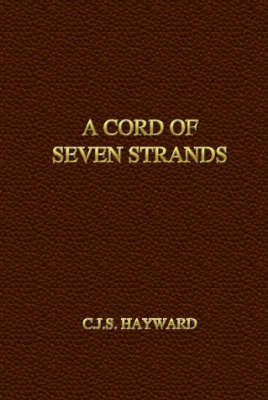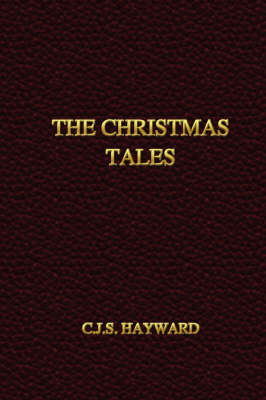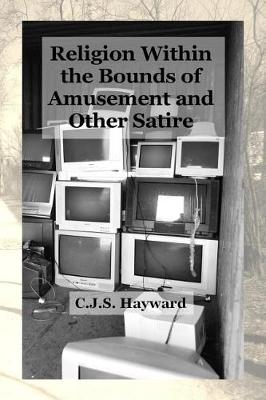Minor Works
15 primary works
Book 1
Book 2
The terrain of "profound giftedness" is a terrain that is almost unexplored even within gifted psychology. Search the ERIC database for academic articles matching "gifted", and like many, many other topics, the results are far, far too many to read: over 20,000. By contrast, search the same database for "profoundly gifted" and little beyond a dozen results will be found. The subject is obscure, to say the least. If another subject were so unexplored--say, computer laptops--then it would be fair to say that we know laptops need to be plugged in periodically and can effectively warm one's lap, but it there is fierce debate whether the keyboard exists originally to play a "Guitar Hero"-style game called "Typing Tutor" or sound musical notes--with none of the articles attaching any importance to clues that laptops could be used to connect with computer networks and ultimately communicate with others. "Profound giftedness" is an obscure experience, even to someone who's seen the literature.
Firestorm 2034 is a glimpse into a world people live in, and a life. It is meant to share an experience that is at once obscure and very human, providing a glimpse into experience, or rather different glimpses from different angles. It is not the only human kind of experience, but it is one such experience, and it is behind much of the communication in the book.
A quote:
Before I get further, I'd like to say a few words about what I drive.
I drive an Oldsmobile F-85 station wagon. What's the color? When people are being nice, they talk about a classic, subdued camouflage color. Sometimes the more candid remarks end up saying something like, "The Seventies called. They want their paint job back," although my station wagon is a 1964 model. All in all, I think I had the worst car of anyone I knew. Or at least that's what I used to think.
Then I changed my mind. Or maybe it would be better to say that I had my mind changed for me.
Book 5
Welcome to the world of A Cord of Seven Strands. Please take some time to explore, and do try to take something from each of the exhibits!
A quote:
"When it comes to games, never try to understand the Janra mind."
-Oeildubeau, Urvanovestilli philosopher and anthropologist
It is known that Janra sports usually last for at least half an hour, involve a ball, two or more teams, running and acrobatics, and animated discussion. Beyond that, neither the Urvanovestilli's logic nor the Yedidia's intuition are able to make head or tail of them. In general, the teams appear to have unequal numbers of players; the players often switch teams in the course of play; teams are created and dissolved; the nature of the activities makes sudden and radical changes; there is no visible winning or losing. There are occasionally times in the course of play when some intelligible goal appears to be being approached... but then, all players seem to be approaching it in a rather erratic manner (when asked why he didn't do thus and such simple thing and achieve the approached goal by an inexperienced anthropologist, one of the Janra said, "Technically, that would work, but that would be a very boring way to do it," and then bolted back into play: the extent to which game play is comprehensible heightens its incomprehensibility). Late in life, Oeildubeau hinted at having suspicions that, if the Janra believe that they are being watched, they will spontaneously stop whatever sport they are playing, and instead begin a series of activities expressly designed to give any observer a headache.
Book 6
Book 7
Book 7
Book 7
Book 10
Book 11
Book 16
Book 17
Book 23
Book 24
Book 25
A large part of the motivation from this piece stems from a paradox, or at least an oddity. When a feminist takes a position, she is quite often articulate, and can give clear and cogent arguments why feminism or something close to it is needed for the well-being of women (and perhaps men). By contrast, people who disagree with feminism on principle are rarely so articulate: while they may quote the Bible, they so rarely articulate their "why?" that often it is not only feminists who may have never heard why a traditional position has an inner logic and a beating heart that is not only coherent, but is meant for the benefit of women as well as men. (Few feminists, egalitarians, or complementarians have seen this position clearly explained.) In fact, those who disagree with feminism may not have heard any more articulate of an explanation than many feminists! This isn't just unfortunate for complementarians; egalitarians and feminists may not really benefit from such an arrangement either.
The pieces in this volume are connected, each in its own way, to an effort to articulate precisely what is almost never explained even by people who hold it on a deep level.
A quote:
Interlocutor
What would you say to, "A woman's place is in the House--and in the Senate!"?
Articulate Qualitarian
Well, if we're talking about disrespectful, misogysnistic... Wait a minute... Let me respond to the intention behind your question.
Do you know the Bible story about the Woman at the Well?
Interlocutor
Yes! It's one of my favorite stories.
Articulate Qualitarian
Do you know its cultural context?
Book 25














